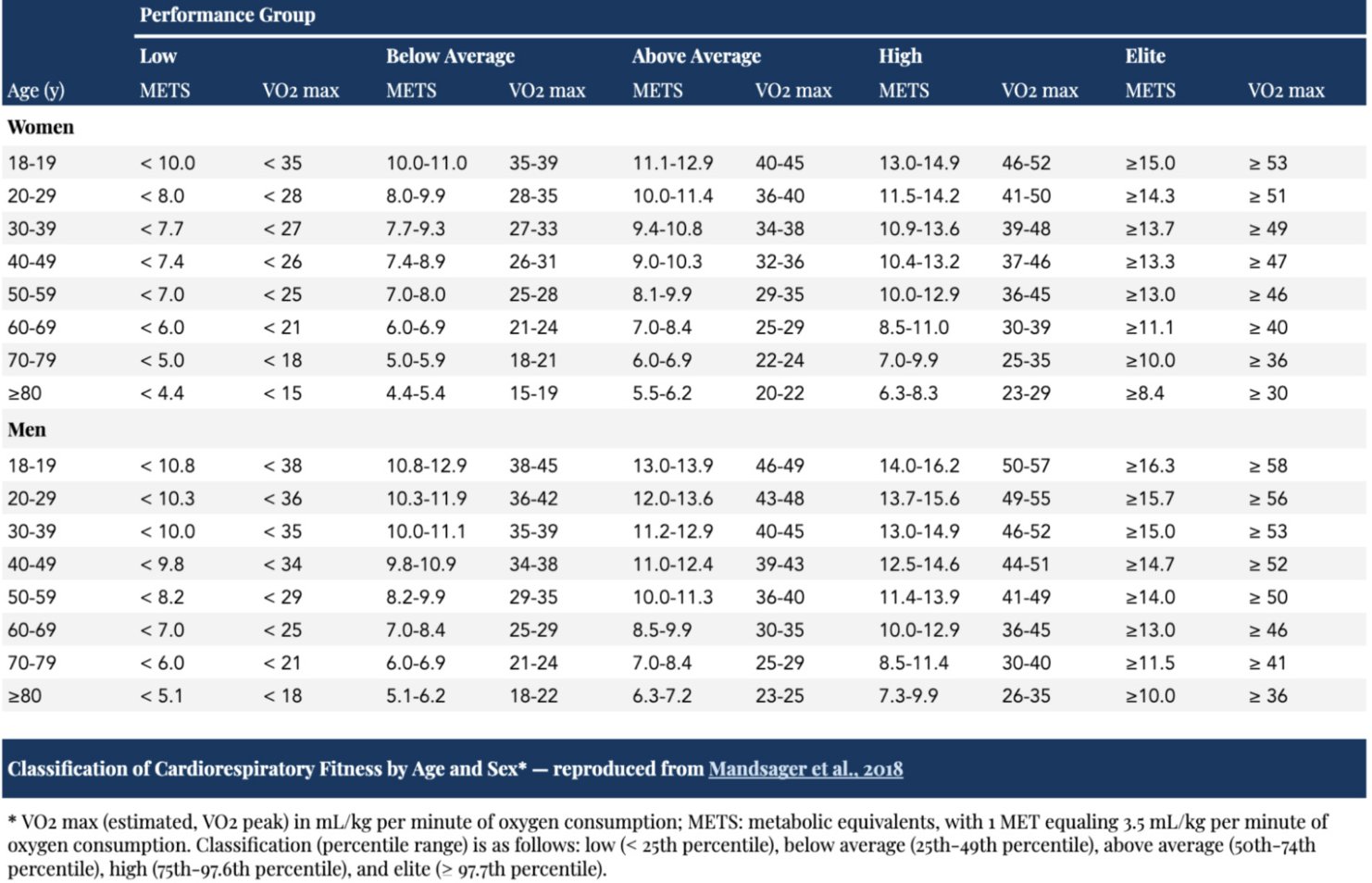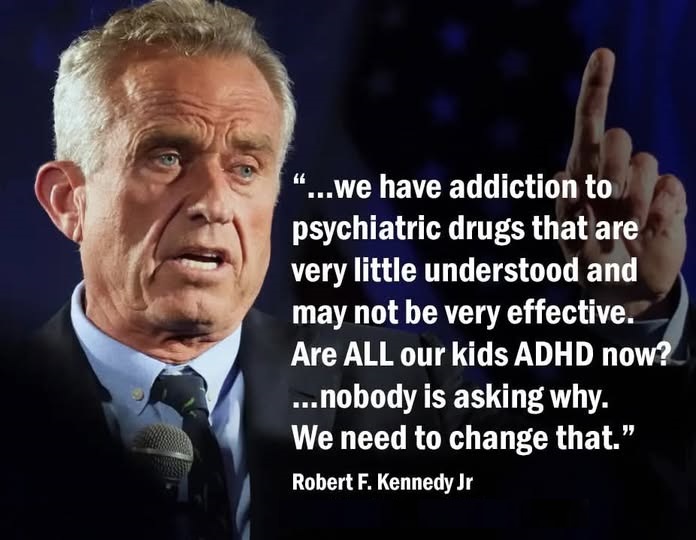
Strength is second.
Click to view the video: https://x.com/KevinHenrikson/status/1912174170542391589/photo/1

Tom's Blog on Life and Livingness

Strength is second.
Click to view the video: https://x.com/KevinHenrikson/status/1912174170542391589/photo/1
Even worse, 87% of kids tested positive for glyphosate exposure.
Glyphosate exposure is linked to serious health problems such as:
• Cancer, especially Non-Hodgkin lymphoma
• Liver and kidney damage
• Endocrine disruption
• Reproductive and developmental issues
• Mitochondrial dysfunction
• Digestive issues
• DNA damage
“That is so crazy. That’s so dangerous,” Rogan lamented.
Dr. Lianne Sheppard, a professor involved in a University of Washington study, stated: “Our analysis focused on providing the best possible answer to the question of whether or not glyphosate is carcinogenic. As a result of this research, I am even more convinced that it is.”
Comfrey Compress
The colloquial name for comfrey is “knit-bone”. I have seen reports that using this compress this can aid healing remarkably, knocking off as much as two thirds of the healing time.
Directions
Place two handfuls of dried comfrey leaf into a large glass bowl.
Boil two litres of water and pour onto the dried comfrey.
Cover with a plate (so the oils do not evaporate off).
Let stand for 15 minutes.
When cooled, thoroughly soak a piece of cloth (towelling is fine).
Wring out excess moisture.
Apply to bruised area or to the skin immediately over where the bone is broken.
Cover with some dry cloth (to keep the heat in and prevent spillage).
Leave in contact with the area for 20-30 minutes.
Repeat twice each day, more often if desired.
Click to view the video: https://www.youtube.com/watch?v=-X0Tom_MyZk

According to this presenter, the 7 best foods for maintaining muscle mass are:
7. Quinoa
6. Greek Yogurt
5. Salmon
4. Eggs
3. Spinach
2. Almonds
1. Chicken Breast


Following on from the podcast link in the last article where the speaker mentioned Wingate Spints. Save time, get lean and improve sports performance with these 8 great sprint workouts.
Finish reading: https://www.poliquingroup.com/ArticlesMultimedia/Articles/Article/1066/For_the_Love_of_Sprints.aspx